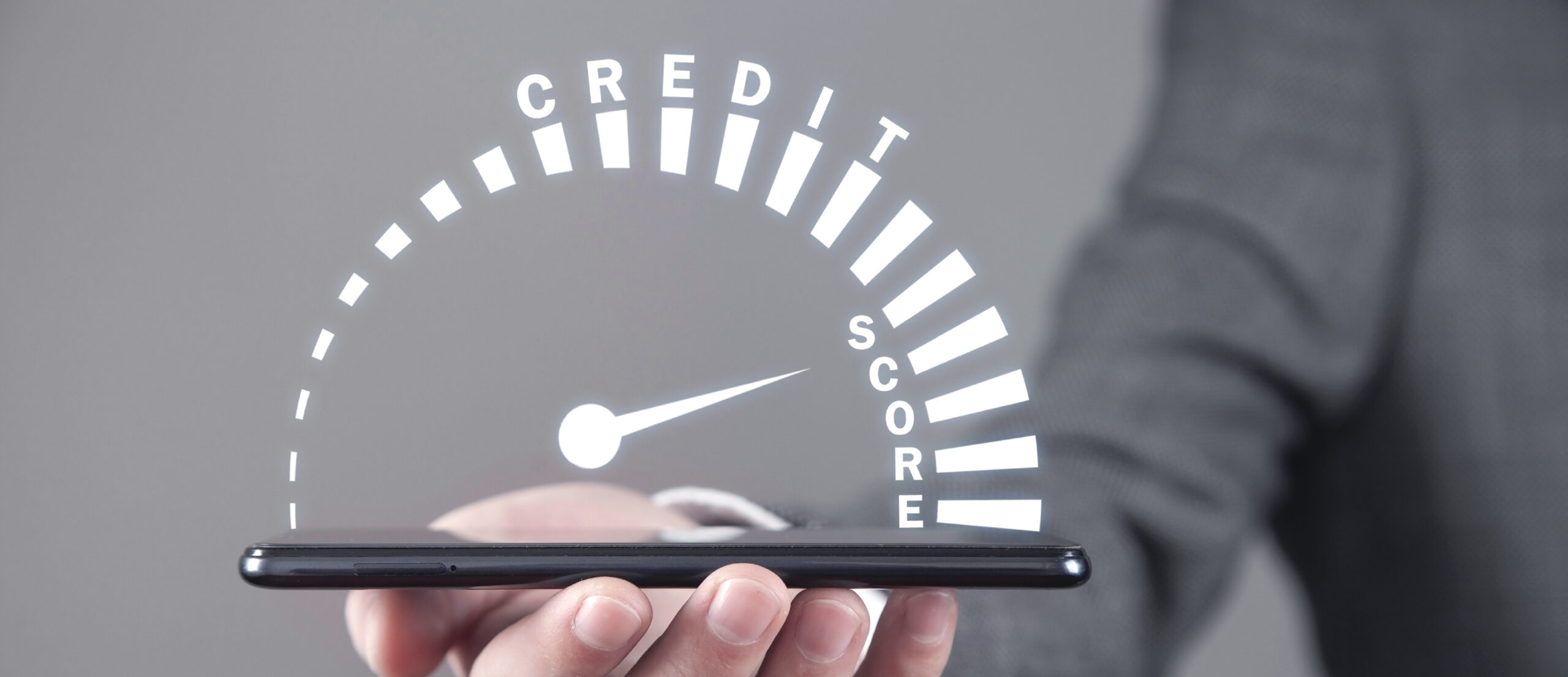Your Mini-Guide To Everything You Need To Know About CIBIL Score
Traditionally, once you borrow money, either in the form of a loan or a credit card, and start paying it back, CIBIL (the Credit Information Bureau India Limited) generates what is call a CIBIL score or credit score, a numerical reflection of your past repayment behavior. Whenever you want to borrow more credit, the lender reviews your credit score and your credit background before going forward with your application and, eventually, approving a credit facility for you.
A CIBIL score is a 3-digit number ranging between 300 to 900. The better your repayment behavior, the higher this number will be. Anything over 700 is considered an above average score and lenders will generally approve applications for credit for a borrow with that credit score. If the score is 600 or below, it is considered poor, while a score of 800 and beyond is considered outstanding.
How to check credit score or CIBIL score online?
To check your CIBIL score online, you would first need to log in to the official website of the credit agency you use. After the documents you submit are verified, you will then get your Credit Information report (CIR) via email within 24 hours. There are also other ways through which you can quickly get your CIBIL online and one of them is through your Permanent Account Number (PAN).
How to get CIBIL score using PAN number?
- First, visit the website proving the CIBIL score.
- Enter your name as written on your PAN card
- Mention your date of birth as per the PAN card
- Select your gender
- Now provide the correct PAN card number
- Then submit your contact information like contact number, mobile number, residence address, etc.
- Lastly, agree to the terms and conditions and proceed with submitting it.
Here’s how much CIBIL score you need for approving loans/credit cards.
Lenders seem to be more apprehensive about granting loans to borrowers with scores smaller than 700 for secured loans such as home loans. Banks in India tend to approach clients with a CIBIL score of more than 750 for unsecured loans such as personal loans or credit cards. Now let’s check what credit scores between different ranges mean:
1) 300-550: In this category, the CIBIL score is considered low, representing the defaults, such as write-offs, previous delinquencies and over leveraging. In securing the loan from any of the banks, you may face primary difficulties.
2) 550-700: In this range, the CIBIL score is considered poor, indicating some of the anomalies in past payments. With the exception of an unpaid credit check, banks can feel safe offering you a loan.
Looking to avail loans at the best interest rates?
3) 700-750: In this range, the CIBIL score often indicates a great track record of previous repayments, but banks sometimes need to perform more collateral reviews based on internal credit policies to more reliably assess the credit background.
4) 750-900: The 750-900 demonstrates your exemplary credit history, which will help you get the best market rate loan. The ranking for this set reflects the impeccable performance in previous repayments. You can conveniently access home loans, car loans and other unsecured loans, such as personal loans and credit cards, subject to credit reports and eligibility.
Will checking CIBIL score multiple times hamper the score?
Yes, CIBIL score checks conducted multiple times by bank or NBFC websites can have a negative effect on your credit score. Checking a credit score from CIBIL’s website can also lead to a little fluctuation in your score. Having said that, there are many websites that allow you to check your CIBIL score without putting any dent in it.
We hoped you liked this mini-guide on CIBIL scores and why they are important for your loan applications. If you are looking to avail a business loan online, feel free to check out Protium today!

